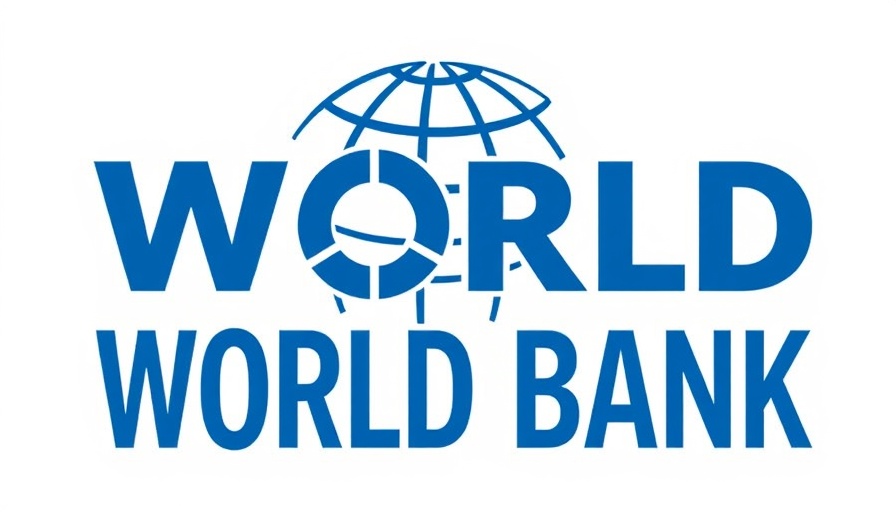
A New Era for Economic Strategies in Latin America
As the world faces an increasingly volatile economic landscape, countries in Latin America and the Caribbean find themselves at a crossroads. The World Bank has drawn attention to this pressing issue in its recent Latin America and the Caribbean Economic Review. With a forecasted growth rate of only 2.1 percent for 2025, the region is set to become the slowest-growing globally. This situation compels nations to rethink their economic strategies to keep pace with rapidly changing global conditions.
Challenges Facing the Region
The challenges are substantial. High levels of debt and a lack of investment have hindered development. The World Bank cites the debt-to-GDP ratio, projected to reach 63.3 percent in 2024, as critical for policymakers to address. Furthermore, while inflation has been managed to some extent, fiscal deficits remain a pressing issue that governments need to tackle.
Global trade restrictions, persistent inflation in advanced economies, and concerns about China’s slowing growth only add to the uncertainty. Countries in this region must act promptly to adapt to these changes. "Access to technology and exploiting scale economies dictate that trade and FDI remain essential to accelerating growth in the region, even in uncertain times," emphasizes William Maloney, chief economist for Latin America and the Caribbean at the World Bank.
Dynamic Strategies for a Changing Environment
This turbulent environment presents both risks and opportunities. To navigate these challenges, countries can pursue several innovative strategies:
- Diversifying Trade: Expanding into new markets can reduce reliance on traditional partners, spreading risk and seizing new opportunities for growth.
- Enhancing Service Exports: By focusing on the services sector, which can be more agile and less capital-intensive, countries can increase their economic resilience.
- Investing in Technology and Innovation: Embracing technological advancements will boost productivity and prepare businesses to be more competitive in a globalized market.
Maloney stresses that progress on long-overdue reforms related to the business environment, human capital, and innovation is vital. Such changes are necessary for improving productivity and ensuring that businesses remain competitive.
A Path Forward
As the global economic landscape shifts, navigating these uncertainties will require bold dedication and innovative practices. In conclusion, countries across Latin America and the Caribbean must focus on recalibrating their approaches to economic growth, addressing long-standing issues, and embracing new ideas. Only by doing so can they create better opportunities for their citizens and businesses in these challenging times.
 Add Row
Add Row  Add
Add 




 Add Row
Add Row  Add
Add 


Write A Comment